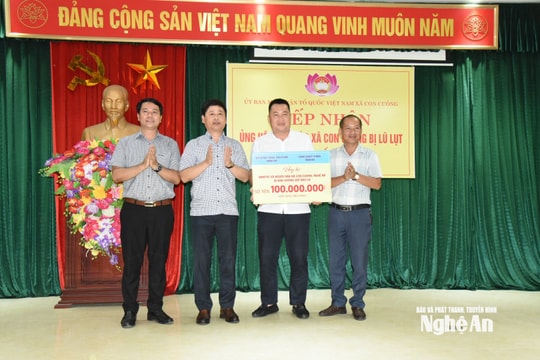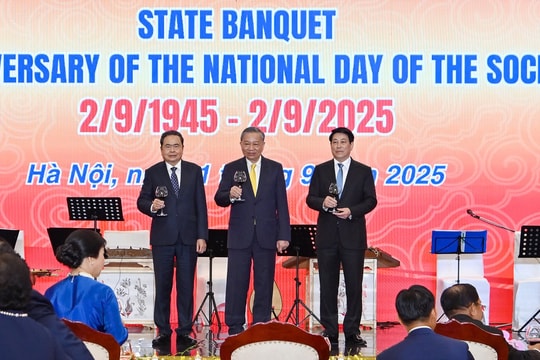Answering questions surrounding the Panama Papers
(Baonghean.vn) - In the past 24 hours, information surrounding the leakThe largest document leak ever, called the “Panama Papers,” has continued to shock the world’s economic and political systems.
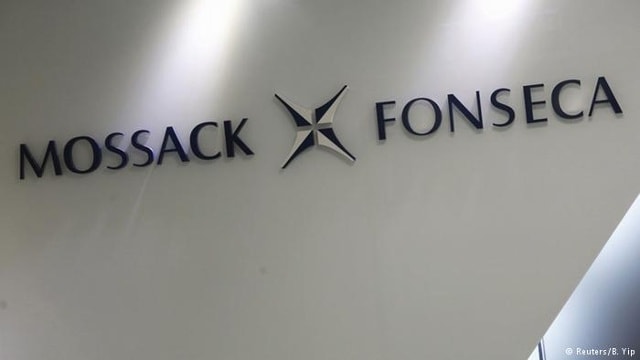 |
| Illustration photo. Source: Reuters. |
How do governments respond?
On April 5, many governments announced that they would investigate the information revealed in the "Panama Papers". In Canada, the Director of the General Department of TaxationCanadaDiane Lebouthillier has asked the information collection units to conduct an investigation and cross-check the information with the data held by the General Department of Taxation.
In addition, the Canada Revenue Agency will also check actual tax revenue against the total tax that can be collected from all activities in the economy. These measures are expected to help detect fraud and collect additional taxes for the country's budget.
And just a few hours ago, France decided to put Panama back on the blacklist of countries and territories that do not cooperate in the fight against tax evasion.
What is a “tax haven”?
For developed countries, the concept of tax havens is not unfamiliar to citizens and taxpayers of these countries, but for the majority of Vietnamese taxpayers, tax evasion in international havens is still quite strange.
In fact, holding assets offshore is one of the most mysterious practices in the financial world, intended to hide wealth from the eyes of domestic tax officials, obscuring its origin and the identity of its true owners.
In other words, offshore assets, shell companies and secret accounts are just a few tools used by leaders, officials and celebrities of various countries to hide their wealth and avoid declaring and paying domestic income taxes.
To do this, clients are often supported by loose regulations or disclosures in offshore tax havens, which make it easy to set up accounts, set up shell companies, and even launder money, such as the Panama-based law firm Mossack Fonseca, which has set up tens of thousands of companies in territories that attract investors thanks to low taxes and many special incentives such as exemption from all types of taxes. Moreover, the procedures for registering and establishing a business are also extremely quick and convenient.
Therefore, with preferential regulations, thousands of law firms, financial institutions, and banks that have close ties with the government and establish shell companies that operate in other countries, by not disclosing the identities of business owners; prohibiting banks from sharing information about foreign accounts or account holders, not signing tax treaties and exchanging information with other countries, tax evasion and money laundering are carried out under the backing of the governments of these "paradises".
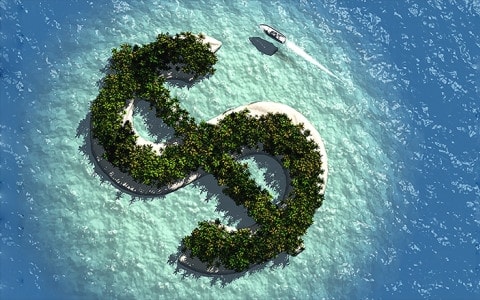 |
| Tax havens are not a strange term to other countries, but are still quite new to taxpayers in Vietnam. Illustration photo: Internet. |
What do we know after the historical document leak?
From this particular case, two things can be drawn.
Firstly, foreign invested enterprises (FDI) can evade taxes and avoid responsibility to the government of the host country. In reality, many FDI enterprises are located in countries with cheap labor, investment incentives, tax incentives, etc. only to "take advantage" of incentives, but do not contribute to the development of that country through paying corporate income tax.
Many FDI enterprises have transferred prices, inflated production costs, and costs of importing expired machinery to avoid their responsibilities. This has been and is happening very dangerously in the investment environment in Vietnam.
Second, it is the power of the media. With the simultaneous involvement of many press agencies around the world, a giant network of "phantom" companies that seemed to be set up to help the rich evade taxes, and in some cases launder money, was exposed.
This involved 370 journalists from 100 media outlets in nearly 80 countries, working together on a massive global investigative campaign. Incredibly, the journalists created a space for different newsrooms to discuss the issue together, setting a new standard for the ability of journalists to act together in a global collaboration.
However, it is worth emphasizing that despite bringing to light one of the most shocking cases, the media agencies have not forgotten the humanitarian actions. The press agencies involved in this case do not plan to release all the documents they have because that would expose a lot of sensitive information about innocent individuals and many famous people.
This proves that on the one hand, journalism can be done responsibly, but on the other hand, journalism needs to pay attention to balancing personal and national interests with public interests.
From these two essential points, it can be seen that if the fight against transfer pricing in Vietnam wants to achieve good results, the exploitation of information and information technology infrastructure must be one or more steps ahead, only then can we hope to bring to light the enterprises with affiliated relationships that evade the responsibilities committed to Vietnam.
Red River
| RELATED NEWS |
|---|

.jpg)
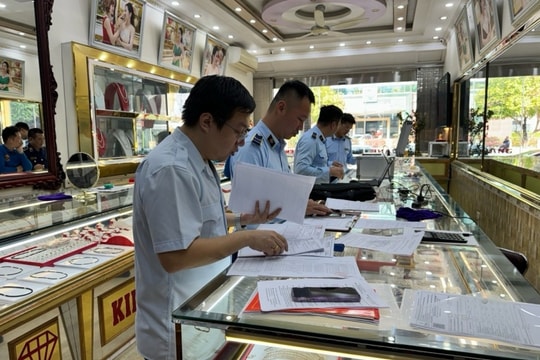
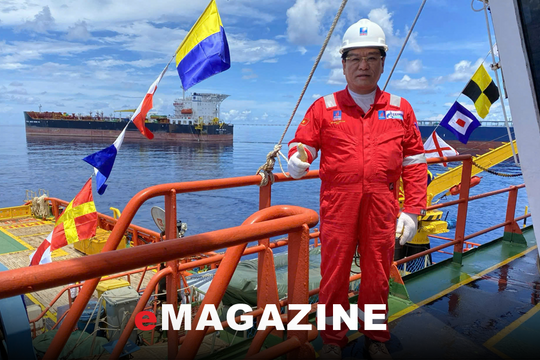
.jpg)
